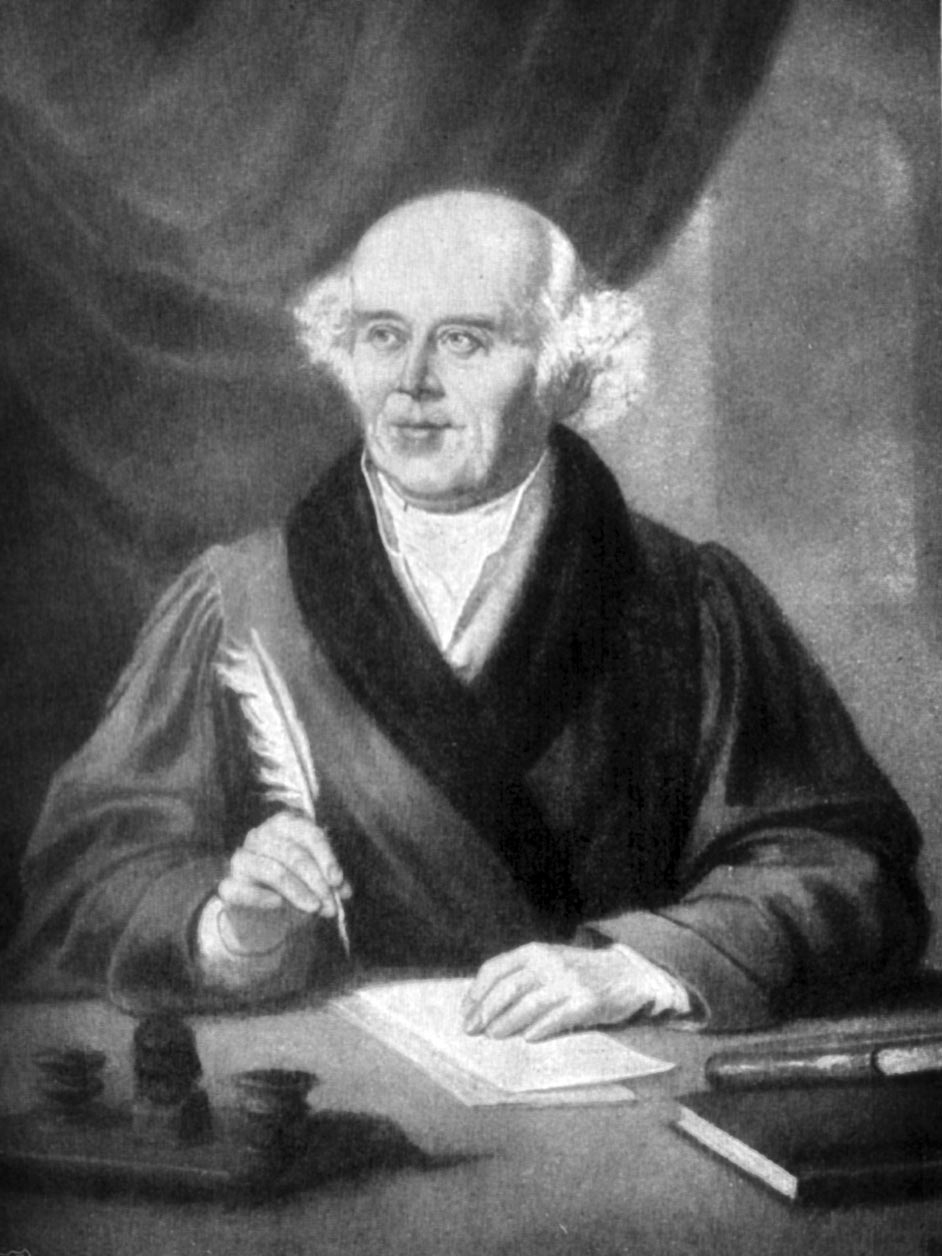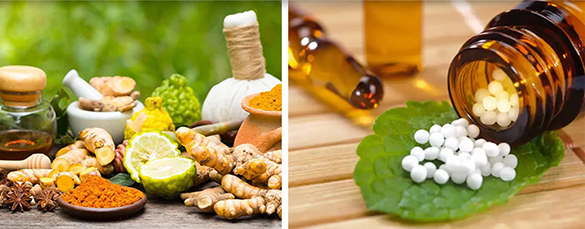About Homoeopathy


Homoeopathy, is a medical science introduced by German scientist Dr. Samuel Hahnemann in 1796 and has been verified experimentally and clinically for more than 200 years. It is the most practiced Alternative System of Medicine in the world today, as per the World Health Organization (WHO). Homoeopathy is a science of healing based on nature’s Law of Cure, namely, Like Cures Like, in Latin it is known as Similar Similibus Curentur.
The remedies are prepared from natural substances like plants, minerals, animal products, etc., according to Homoeopathic principles. Homoeopathy offers long-lasting permanent cures by treating the disease from its roots. Homoeopathy is the most rational science with respect to its concepts of health, disease, and cure. Homoeopathy does not treat the diseases but treats the patient as a whole both mentally and physically.
Homoeopathic treatment elevates the level of immunity, making our bodies self-sufficient to fight against diseases, or we can say that Homoeopathic medicines stimulate the body's own immune system to fight illness and allow the symptoms of a disease to dissipate. Homoeopathy works effectively, especially for Chronic and Recurring diseases. Homoeopathy is also effective in acute diseases. Homoeopathy is strongly recommended for chronic and recurring diseases such as auto-immune diseases, skin diseases, allergies, various forms of arthritis, asthma, metabolic diseases, psychosomatic diseases, psychiatric disorders, hormonal diseases, cancers, and many more.
Homoeopathy treats diseases at the root level by addressing the multiple causative factors such as genetic, immunological, metabolic, hormonal, emotional, and the like. As a result, the diseases are treated in totality rather than in parts or as entities separate from the 'whole' of the individual patient.
Word Meaning
Homoeopathy = 'Homoeos' means 'Similar'
'Pathos' means 'Suffering'.
Like Cures Like
Benefits of Homoeopathy
-
Very effective,
Very safe,
No Side effect,
No Over Drugging,
No Poisons,
No Steroid,
Boosts immunity,
Easy-to-administer medicines,
Natural, non-toxic, non-addictive medicines,
Effective & safe for all age groups: Infancy to Old Age,
Safe for pregnant women & breastfeeding mothers,
Safe to be taken alongside conventional medicine,
- Individualization - Customized Treatment – Homoeopathy treats the patient, not the disease
- Holistic Approach - Addresses all physical, mental & emotional issues of the patient,Reduces frequency & recurrence of disease, Minimum doses of medicines,Cost effective,
- Homeopathy is human friendly






